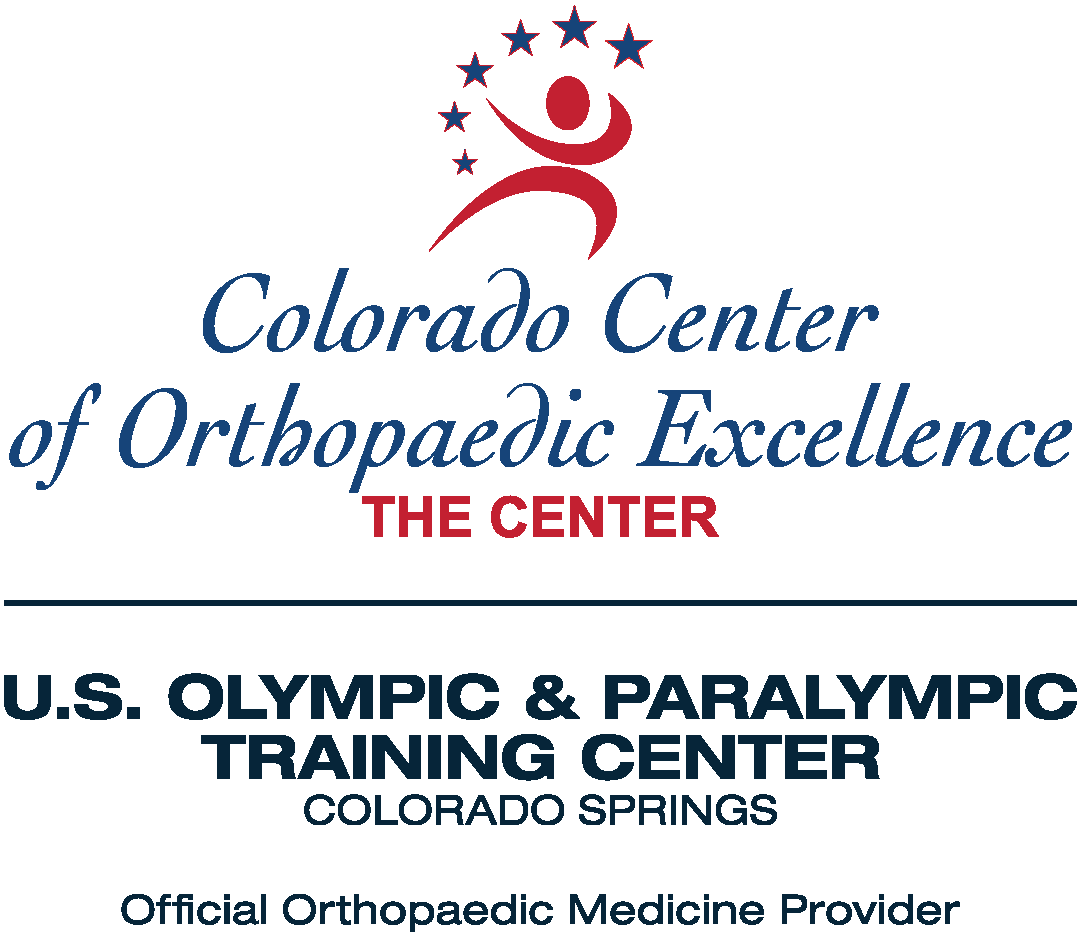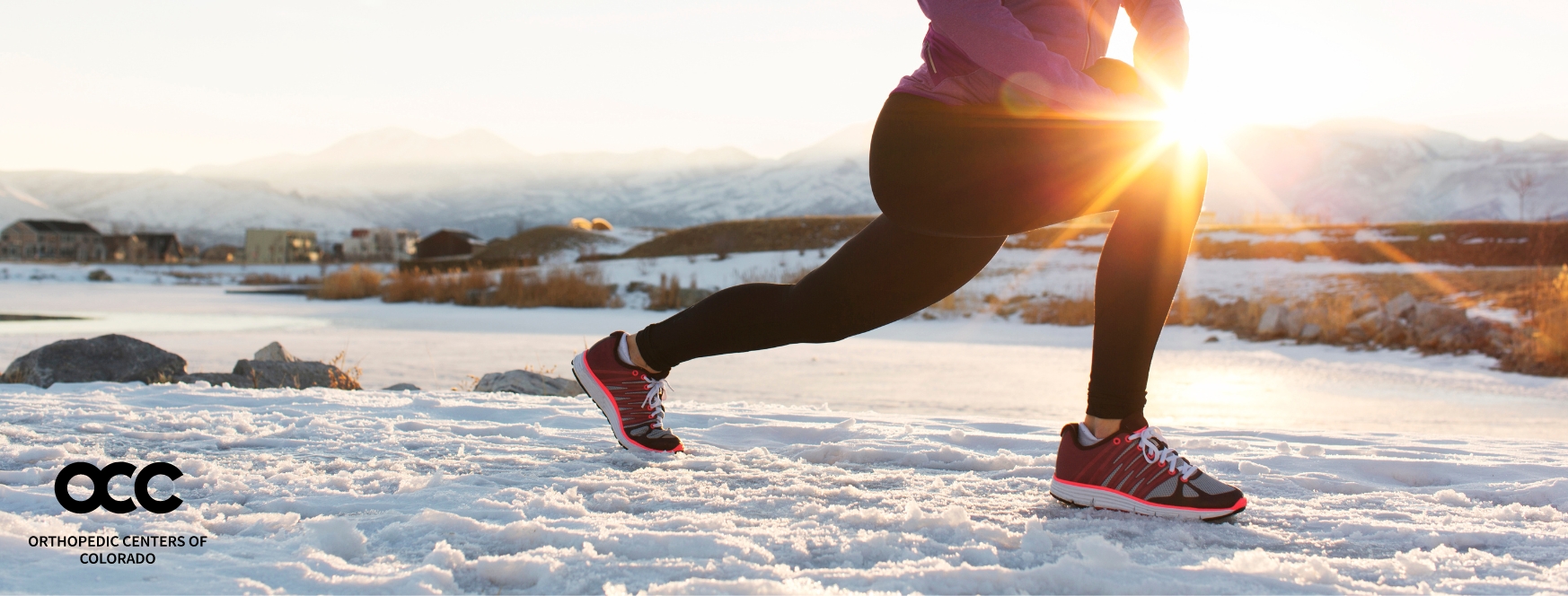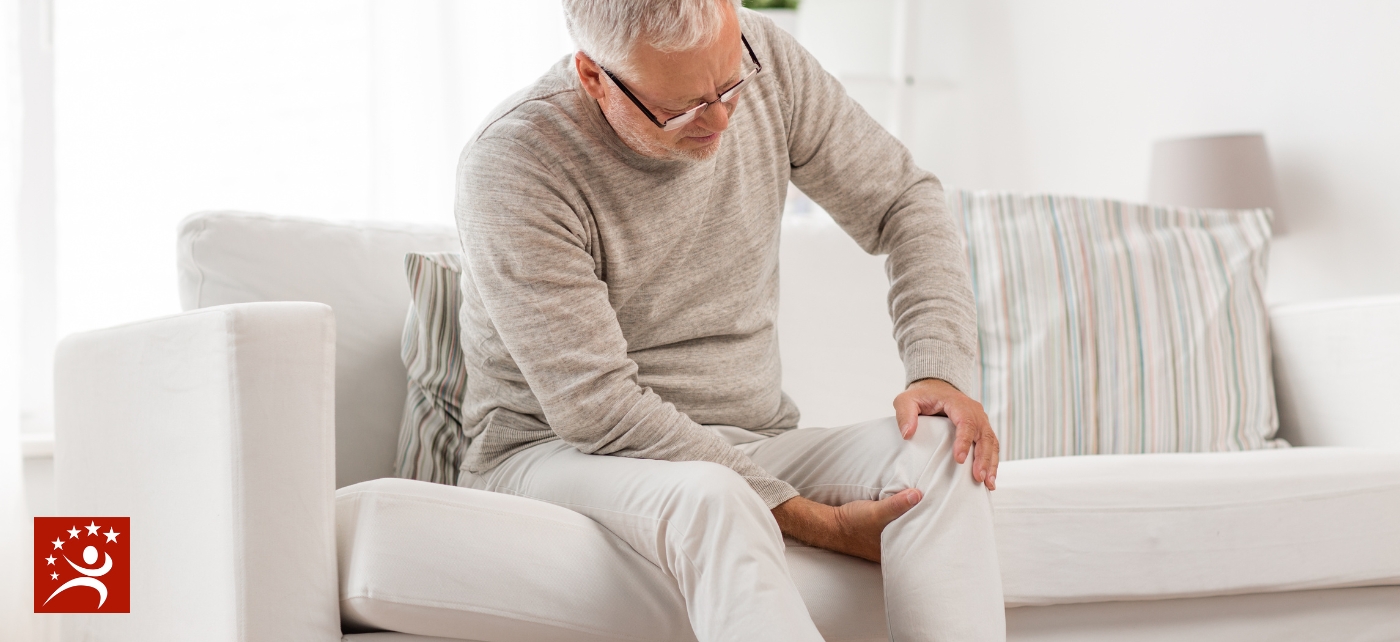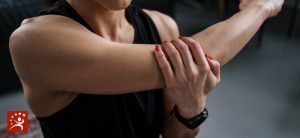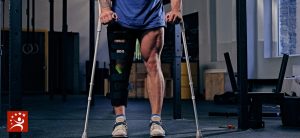Without snowboard or ski conditioning exercises, even people who exercise regularly can feel sore after that first day on the mountain each season. And if you haven’t been staying active, apres-ski or -ride muscle aches can rise to a whole new level.
To minimize the risk of injury and the amount of fatigue you feel at the end of a great day on the mountain, it’s a good idea to do some snowboard or ski conditioning exercises before your first run of the year.
Worried that it’s too late to make a difference? Don’t be. Even just a few sessions of conditioning exercises before you hit the slopes can contribute to your overall fitness and strength, which will make for a better experience each time you ski or ride.
As with all new exercise routines, it’s a good idea to check with your doctor or a sports medicine specialist to ensure your fitness plan works for you. The experts at CCOE’s Sports Performance Center can help you get ski- or ride-ready to get the most of your time on the slopes.
When thinking about winter sports conditioning, it’s important to consider factors like fitness level, level of experience and ability as a skier or rider, and which sport you are participating in, too – as skiers and riders use their muscles differently as they go down the mountain.
Do skiing and snowboarding use the same muscles? How should I train?
While both skiers and riders rely on their quadriceps (quads), glutes, and hamstrings for stability and control, riders typically need more strength in their feet and ankles. This is due, in part, to the fact that ski boots are much more rigid, whereas snowboard boots are more flexible. Riders also use their feet and ankles more to balance and direct their board down the mountain.
Both skiers and riders need their abdominal (core) muscles for balance and stability. A strong core also helps reduce strain on the lower back, which can also reduce the risk of injury. Here are some of the top riding and ski conditioning exercises to work on as you’re getting in shape for the slopes:
Three of the best ski conditioning exercises
Skiing requires balance, leg strength and core strength as you navigate turns on the slopes.
- For leg strength: Squats and squat jumps help build leg strength so that you can have a more explosive motion with each turn on the slopes. This is especially helpful for moguls and steep runs.
- For balance (and legs): lateral lunges (aka side lunges). Lateral lunges also help build leg strength – particularly the inner thigh – and they help you to practice your balance on each leg, which is important for skiers as you transition your weight from one ski to the other.
- For core: “skier swing:” This exercise increases not only core strength but is really a full body exercise that uses your hamstrings, glues, quads and hips. With a dumbbell in each hand, swing the dumbbells in the same manner you would swing your arms to propel you poles when you’re working to gain speed on a flat or uphill grade.
Three of the best exercises for snowboarders
- For stronger calves: Calf raises do more than just strengthen your calves. They also help with ankle stability and lower leg strength – all things that are key for riders, who use their feet, ankles and lower legs to control and stabilize their board.
- For hamstrings and glutes: Dead lifts work wonders to build strength for your hamstrings and backside. Snowboarders rely heavily on these muscles to maintain proper form as they turn down the slope. You can do dead lifts with a bar or with dumbbells of any weight, making it a great exercise for any level of strength. Consult a sports performance expert for proper form and to ensure you’re using your glutes and hamstrings and not your lower back to control the weight.
- For core: Balance is a critical part of snowboarding, and riders need to maintain balance while turning and leaning from side to side. Even the ability to get moving or stop relies heavily on core muscles.
There are more than a dozen mountains open in Colorado right now and snow if falling regularly! Whether you’ve already made tracks or are heading to the hills soon, remember that any snowboard or ski conditioning you can do first will make those first days on the mountain feel better!
The sports performance specialists at CCOE helps athletes of all abilities build strength, reduce risk of injury, and recover if you are injured. Contact our team today to learn more.
